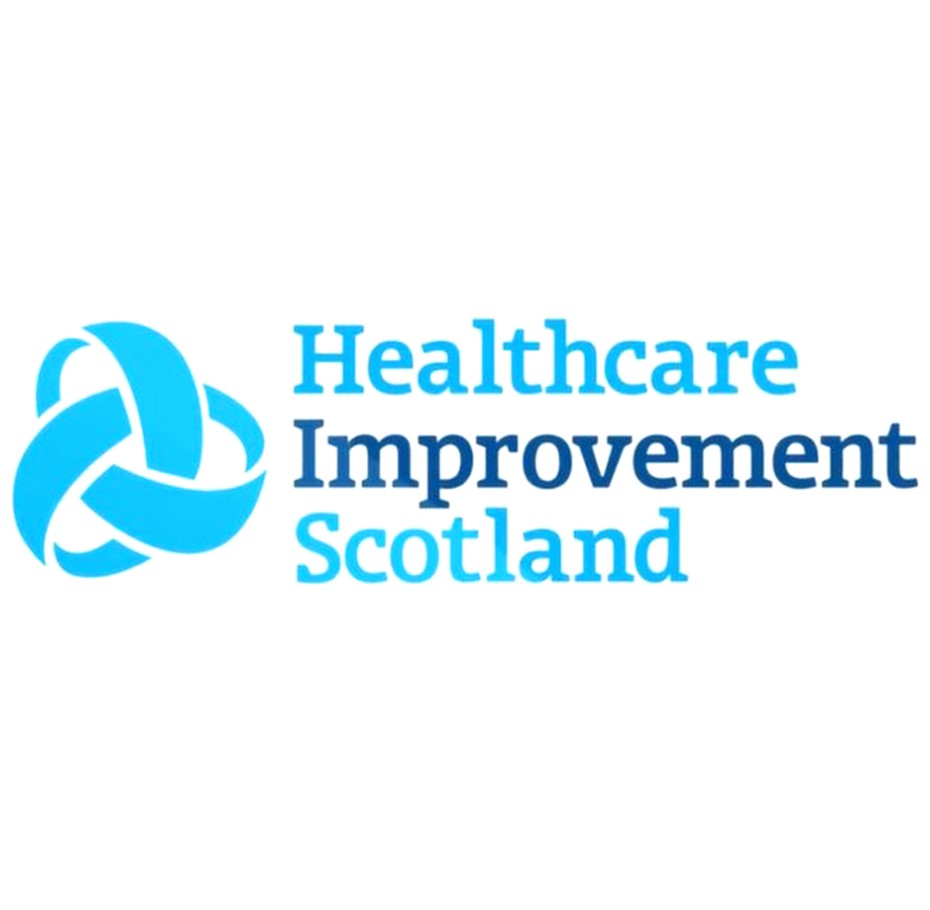This is obstruction to the superior vena cava (SVC) blood flow by external compression, thrombosis or direct invasion of the SVC. It may present acutely or more insidiously as chronic dyspnoea.
Compression causes a reduction in blood flow from the head, neck and upper extremities to the heart. Low intravascular pressure in the SVC can also permit thrombus formation.
This condition may be the first presentation of malignancy or can occur in those with known malignancy. The most common cause will be carcinoma of the lung (65 to 80%), lymphoma (2 to 10%), other cancers (3 to13%). Benign causes are rare.
